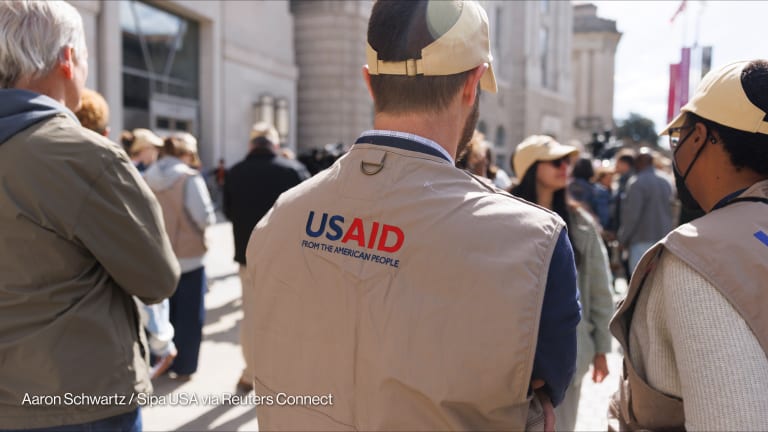Calling time out on foreign assistance was the only way the Trump administration could gain control of the U.S. Agency for International Development, the agency’s acting deputy administrator Peter Marocco has said — stating that after U.S. President Donald Trump issued his 90-day freeze on foreign aid, USAID staffers were “unwilling or unable” to provide his team with “basic compliance and oversight information.”
“The placement of a substantial number of USAID personnel on paid administration leave was the only effective way to pause operations, faithfully implement the pause, and conduct a full and unimpeded audit of USAID’s operations,” wrote Marocco on Feb. 10, in response to a lawsuit filed against the Trump administration by a pair of unions representing USAID staff.
That declaration resurfaced on Monday night through another lawsuit, which was filed by the Personal Contractors Association to provide backup in a separate — but related — case.








